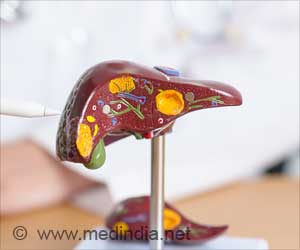Researchers have linked high levels of blood fats called triglycerides to an increased risk of stroke. The findings should encourage physicians to
Researchers have linked high levels of blood fats called triglycerides to an increased risk of stroke. The findings should encourage physicians to pay closer attention to triglyceride levels. More effective screening and detection of high blood triglycerides and treatments to modify this stroke risk factor could further reduce the stroke burdens.
Doctors have learned that drugs that lower blood fats can also prevent strokes. The precise relationship between blood fats, particularly triglycerides, and stroke has not been clear, however. In the study, researchers followed more than 11,000 patients who had coronary heart disease but had never had a stroke or a transient ischemic attack (TIA).Researchers have shown that high triglycerides and the low levels of HDL, or "good," cholesterol that usually coexist are important risk factors for the main type of stroke, called ischemic stroke, among patients with heart disease. Ischemic strokes, which occur when a clot or narrowed artery cuts off the brain's blood supply, account for about 80% of all strokes. The other 20% are due to broken blood vessels in the brain.
People can lower their triglyceride level by making lifestyle changes such as eating a low-fat diet, losing weight and exercising regularly. Several cholesterol-lowering drugs also can reduce levels of triglycerides.











